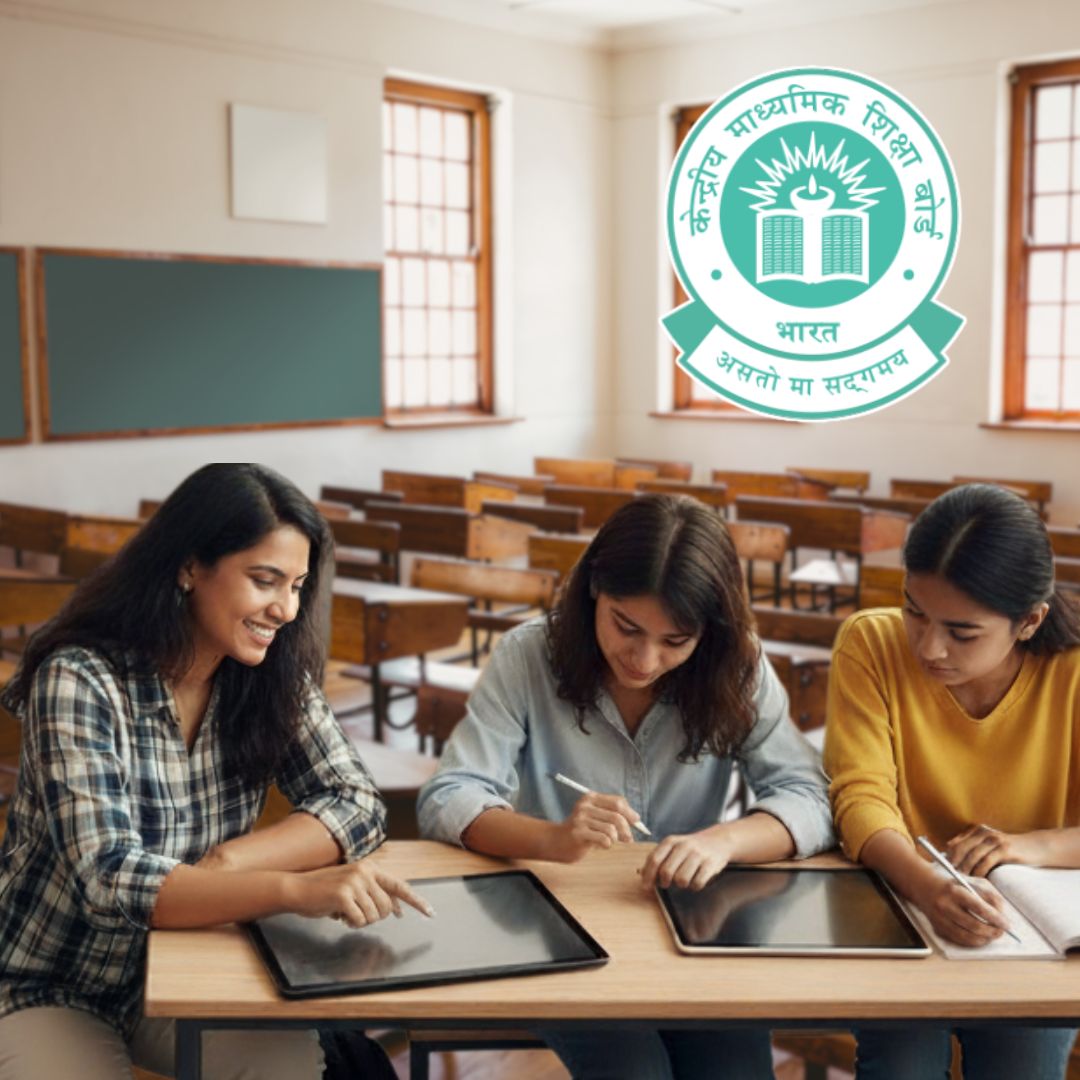The Central Board of Secondary Education (CBSE) has implemented sweeping reforms for Classes 10 and 12 board exams from the 2025-26 academic year. This includes making Classes 9-10 and 11-12 two-year continuous academic programmes with compulsory 75% attendance and internal assessments.
Class 10 students will have two board exam opportunities annually, in February and April, while Class 12 exams remain once a year. Non-compliance with attendance or internal assessment requirements leads to a status of “Essential Repeat,” barring candidates from official results.
These reforms align with the National Education Policy 2020, prioritising competency-based learning, digital integration, and reducing exam stress and dummy schools.
Mandatory Attendance and Continuous Assessment
CBSE mandates a minimum of 75% classroom attendance over the entire two-year programme for students to be eligible for board exams. Internal assessments, which contribute 20% to the final grade while external exams cover 80%, are conducted continuously and are compulsory for passing.
This rigorous attendance and assessment structure aims to foster regular classroom participation and minimise absenteeism. The board has explicitly warned schools against registering students for subjects lacking appropriate infrastructure or qualified teachers, stressing academic integrity.
Officials have clarified that students failing to meet attendance or internal assessment criteria will not have their results declared and will instead be classified as “Essential Repeat,” ensuring accountability.
Curriculum Overhaul and Exam Flexibility
The reforms introduce a paradigm shift towards competency-based learning and conceptual understanding, moving away from rote memorisation. Class 10 students will benefit from biannual board exams, allowing one mandatory exam in February and an optional improvement exam in April. This flexible schedule is designed to reduce anxiety by providing a second chance within the same academic year.
The syllabus has been updated to include experiential projects, digital learning tools, and vocational electives, promoting practical skills alongside academics. Class 12 continues with a single board exam per year starting February 17, 2026, but with added skill-based subjects like Design Thinking and Physical Activity Training to better prepare students for future careers.
Background and Alignment with National Policy
These changes are anchored in the National Education Policy (NEP) 2020’s vision to create a student-centric, skill-oriented education system. The policy emphasises continuous evaluation, flexibility in examinations, and competency-based assessments. CBSE’s rollout of a 9-point grading scale furthers transparency and fairness.
By requiring sustained attendance and competency tests, the board targets to eliminate the problem of “dummy schools” and curb academic malpractice, fostering genuine learning environments. The integration of digital tools and experiential learning methodologies aligns with modern educational needs, aiming for holistic student development and better mental health outcomes.
The Logical Indian’s Perspective
CBSE’s reforms reflect a commendable effort to reform Indian education by encouraging regular engagement, flexibility, and meaningful learning rather than exam-centric study. While enforcing discipline, it is vital that implementation remains empathetic and inclusive, considering socioeconomic and personal challenges faced by students.
The shift toward competency and experiential learning is a positive stride toward nurturing critical thinkers and innovators. However, robust support systems, teacher training, and digital access will be key to success.
Important Information from #CBSE pic.twitter.com/Sxn9As6VYA
— CBSE HQ (@cbseindia29) September 15, 2025












